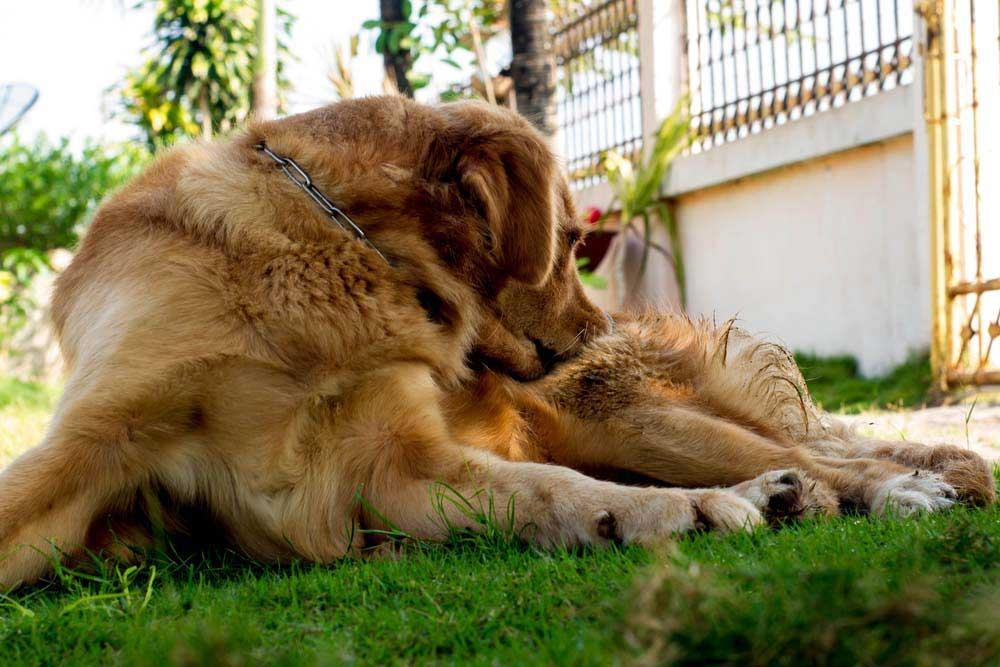
Foxtail Seeds Endanger Pet Health
There are many warm-weather hazards to keep your pets away from. We protect our pet patients from ticks that carry pathogens such as Lyme Disease. We protect them from the possibilities of wandering away into traffic and encounters with aggressive animals. In and around East Islip, NY, it is also important to protect pets from dangerous plants, such as foxtails. Here is some important advice from veterinarian Dr. Louis Reda of All Friends Veterinary Hospital in East Islip, NY, where care is always part of the cure.
What are foxtails and why are they a hazard to pet health?
The foxtail plant is a grass-like weed with barbed seeds. These seeds get in your pet’s fur and work their way down to the skin, anywhere on your pet from toes to nose, from head to tail.
Foxtail seeds can imbed themselves in your pet’s body. Because they don’t break down, any bacteria or parasites on them are free to multiply inside your pet’s body, causing serious infections.
Even worse, foxtail seeds travel. They can get inside your pet’s bloodstream and travel to the heart, lungs, and brain. They can perforate blood vessels and cause serious internal bleeding. Or they can be inhaled and perforate a lung.
You may need the help of your veterinarian to detect problems with foxtail seeds.
Foxtail seeds are small and are hard to see in your pet’s fur. However, the problems they cause are easy to detect.
Foxtail seeds love to lodge between your pet’s toes. The first sign of a problem may be redness and swelling between the toes.
Foxtail seeds can get lodged in your pet’s ear canal as well. Finding them is a job for your veterinarian. Because animal ear canals are not straight, like human ear canals, probing with a Q-tip can push the seed even farther inside the ear.
Foxtail seeds can stick to the inside of eyelids. Your dog has three eyelids, not just two. There is additional space for a foxtail seed to stick. Pawing at the eyes, or redness, swelling, tearing, or bleeding from the eyes, are all signs you need to make a pet care appointment with your vet quickly.
Foxtail seeds can also go up the nose. Sneezing in a dog or a cat may be a sign a foxtail seed is stuck in a nasal passage.
Foxtail seeds also stick to genitals. Constant licking of the genitals may be a sign a foxtail seed is lodged in their lining.
What can pet owners do about foxtail seeds?
Your first line of defense is not to let your pets wander through foxtails! If you find a foxtail seed on your pet’s skin, you can remove it with tweezers. If you see symptoms of infection, it's important to call your veterinarian. Like all warm weather hazards, the best way to protect your pets' health is to keep pets indoors or in fenced yards. Don't let your pets wander through tall grass.
Dr. Reda is here to help.
Request an appointment online with Dr. Reda. Or call us at (631) 277-8700. The offices of All Friends Veterinary Hospital are located at 84 East Main Street, East Islip, NY 11730.
